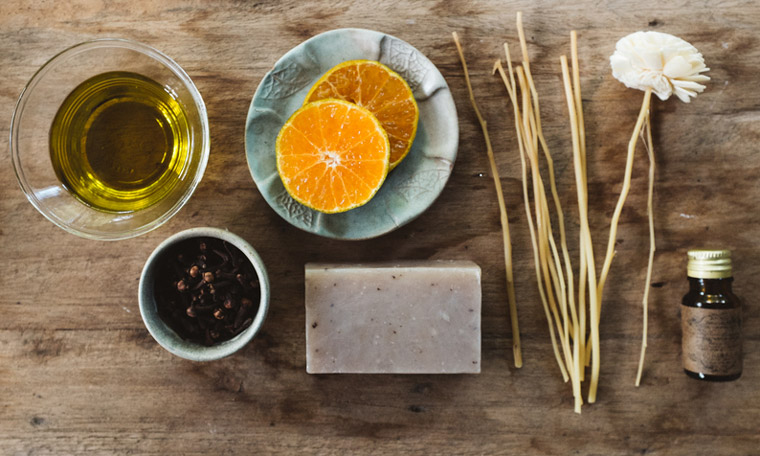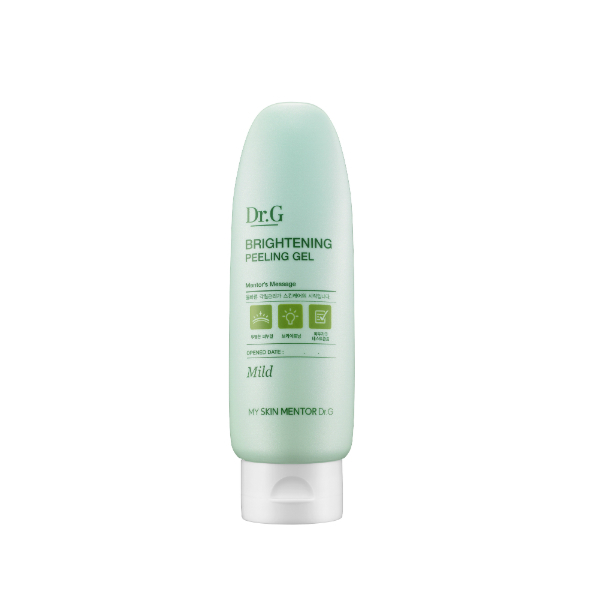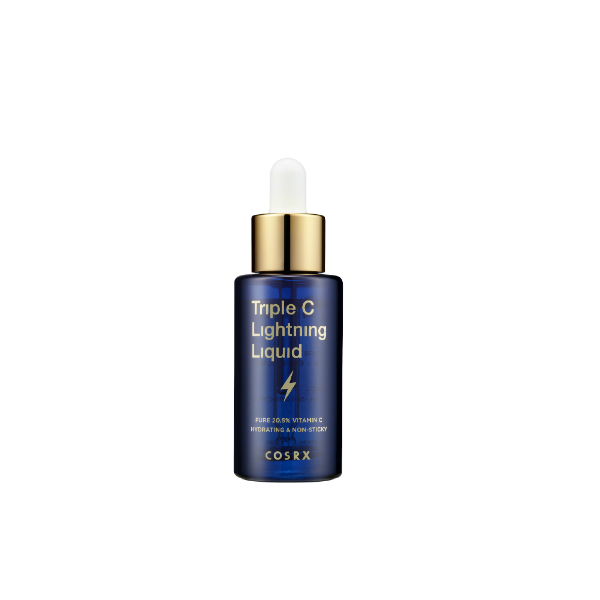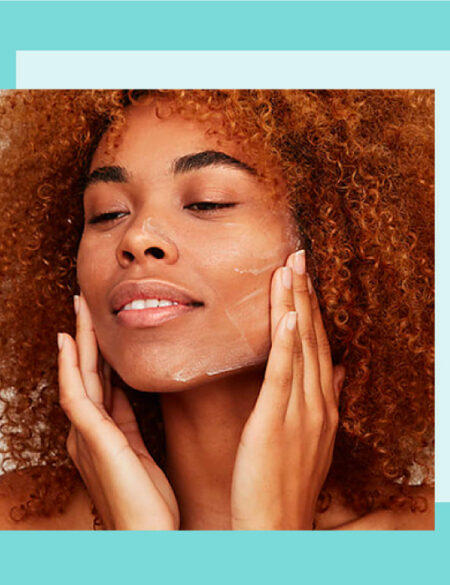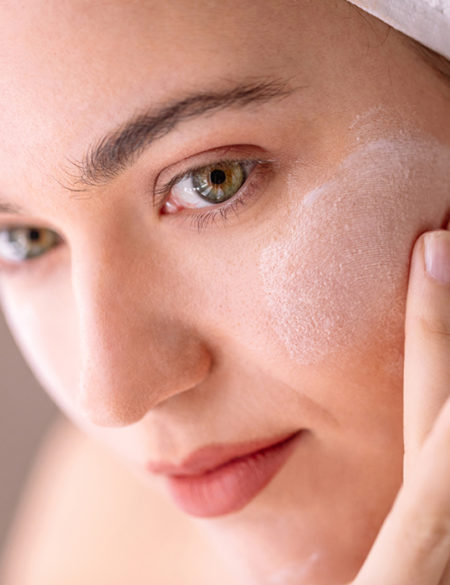Nothing feels as satisfying as concocting a great DIY skin care mask. But before you do, take a look at these four ingredients that should probably never ever get anywhere near your face.
We all love a good DIY, especially when it comes to skin care. Not only is it cheaper, but it can also be purer and more natural, and provide amazing benefits for your skin. However, just because you see an ingredient on a skin care label, or your favorite beauty guru starts raving about a homemade ingredient, doesn’t mean those ingredients are actually good for your skin.
Sure, certain things like honey and cucumbers can safely be put directly on your skin, but some other popular DIY ingredients can actually be incredibly harmful in the long run. Read below to discover our top four skincare ingredients you should never DIY.
Baking soda to exfoliate
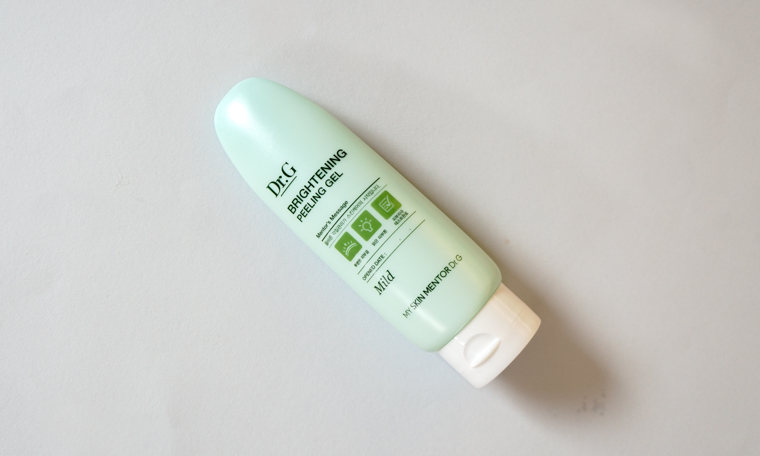
The first and most important reason to steer clear of this DIY is not just because the physical nature of baking soda is too harsh for the skin, but also because the pH level is extremely damaging. Let’s break this down: A neutral pH is a pH of 7. Anything above this is “alkaline”, and anything below this is “acidic.” Your skin’s pH is usually around 5.5, meaning it is acidic. This acidity, housed in your skin’s acid mantle, is what protects the skin from external stressors and bacteria. It’s basically your skin’s first line of defense, so it’s super important.
Using products that have basic pH (higher numbers) can disrupt your skin’s acid mantle and break down this defense against bacteria. Seeing as baking soda has a pH of around 9, it is terrible for the health and well being of your skin. This is not only terrible for the long term health of your skin, but it can be extremely irritating, causing short term rashes and redness that may not fade well. If you want an effective physical exfoliant, go with one like the specially formulated Dr. G. Brightening Peeling Gel, which will remove just as much, if not more dead skin cells, while also nourishing the skin with honey, black willow, vitamin E, and vitamin C.
Toothpaste on pimples
I was in high school when I first heard about this trend, and considering my skin was ravaged by acne at the time, I was intrigued. I even tried it out, and had some pretty decent results—or so I thought. See, toothpaste does indeed help reduce the appearance of pimples because it dries them out!
However, it has a multitude of other negative side effects that far outweigh any change in appearance. This makes sense when you think about the fact that it literally isn’t formulated for skin, so it contains tons of ingredients that are disastrous for your face. Firstly, toothpaste will offset the pH level of your skin. As mentioned above, this is terrible for the long term health of your skin, and will actually make it harder for your skin to naturally heal the infection.
Secondly, toothpaste is full of irritating additives. Common toothpastes are packed with minty fragrances, coloring agents, and other ingredients that are not suitable for use on skin, and will likely make your skin more irritated. And even though it shows results, those results aren’t permanent. All toothpaste will do is reduce the size of the inflammation and not actually treat the infection. This means your acne isn’t getting the attention it needs, and will likely result in long term damage and scarring.
You’re far better off to use an actual spot treatment, like the Dr. Oracle A-Thera Tea Tree Stick, that will not only deliver better results, but will help protect your skin from damage.
Coconut oil as face moisturizer
This may come as a shock to anyone who’s in tune with the natural beauty community, but coconut oil actually isn’t an amazing ingredient for your skin. Now before you hurl coconuts at me and tell me how it makes your skin glow and repels bacteria, hear me out.
Coconut oil can work for some people, but overall it really isn’t the greatest option. First off, coconut oil is comedogenic, meaning it clogs your pores. This isn’t good for anyone, but it’s especially bad for anyone who struggles with acne, rosacea, or oily skin. Because it clogs the pores, it will likely contribute to breakouts and blackheads.
And those of you with normal or dry skin aren’t in the clear either. You see, coconut oil does provide moisture, but it doesn’t help your skin retain any of its natural moisture. This is because coconut oil isn’t a humectant, meaning it doesn’t attract water. In fact, as an oil it does the opposite and repels water from the skin. This means it’s literally keeping your skin from getting moisture from those natural sources, and can actually contribute to the dryness of your skin.
At the end of the day, coconut oil can work for some people, but there are definitely much better options out there. Specially formulated moisturizers will provide moisture, attract moisture, and won’t clog your pores, so they are by far a better option.
Lemon juice and/or other citrus juice as a brightening ingredient
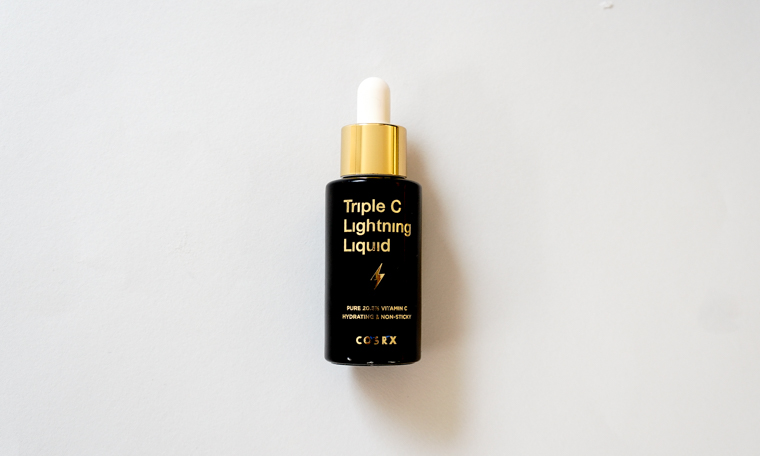
Lemon has also become a popular DIY ingredient, likely because it’s commonly used in skin care products, but those products are specially formulated with the right amount of lemon extract to be safe. Raw lemon juice or other citrus juices, like orange or grapefruit, are actually dangerous for use on skin.
These fruit juices have the opposite effect of baking soda, in that their pH is extremely acidic. And lemon, often the most popular option, has a pH of about 2, which is extremely acidic. This is not only harsh on your acid mantle, but also means your skin can become extremely sensitive to heat and sun. It breaks down the skin’s natural barrier, and can result in intense burning or rashes with UV exposure.
Even more, lemon is extremely drying and doesn’t help your skin retain any moisture. Basically, if you’re looking for those glowy vitamin C benefits, you’re always better off using a professionally formulated product—like the Cosrx Triple C Lightning Liquid—than to squeeze this disaster juice on your precious skin.
The bottom line:
Grabbing an ingredient from your kitchen and creating your own natural skin care can definitely be fun and sometimes the results can be great, but you should always be careful to make sure the ingredients you are using aren’t doing more harm than good. It’s easy to forget that sometimes natural doesn’t always mean better, and at the end of the day, the safest bet is always to go with products that are specially formulated and sure to be safe for your face.


